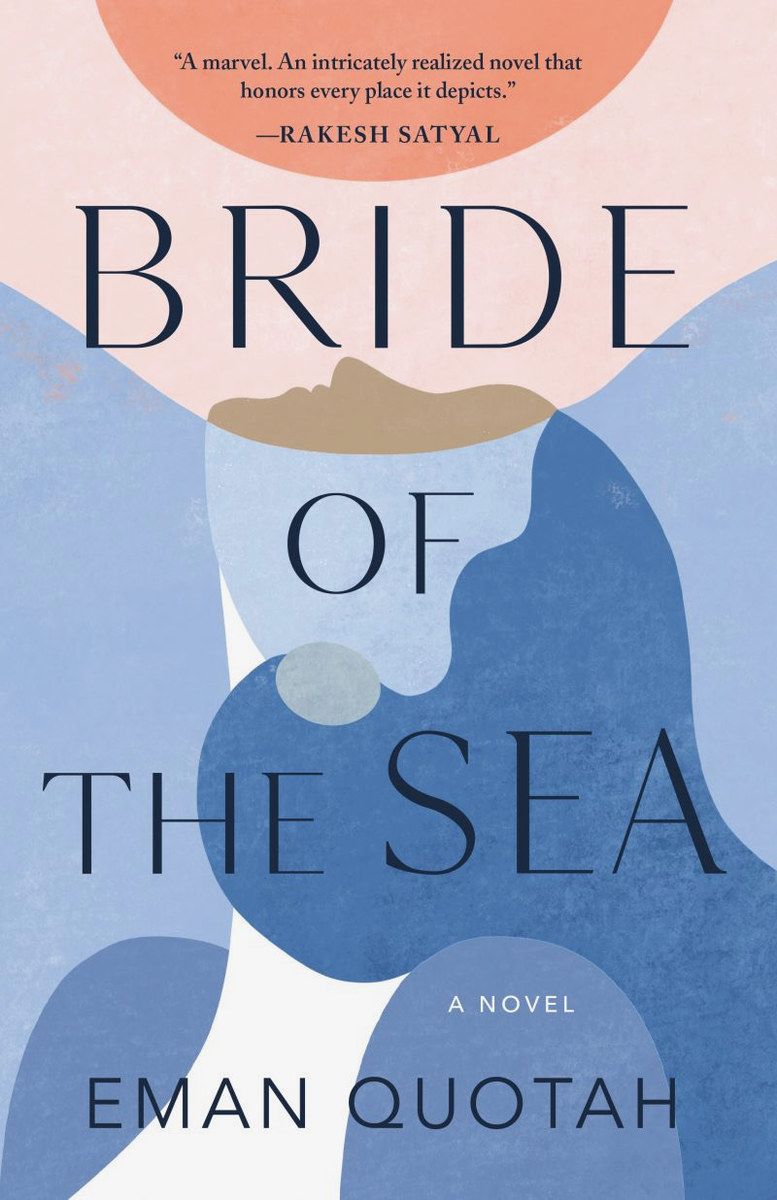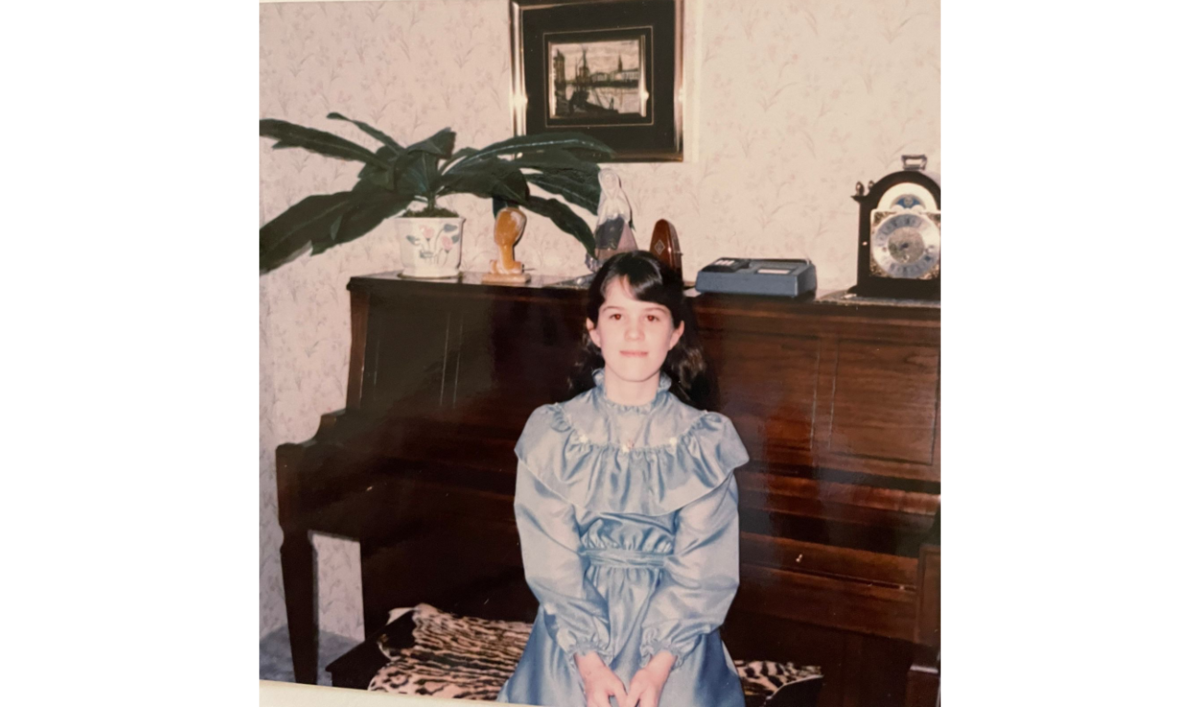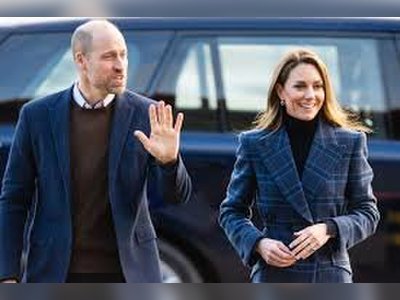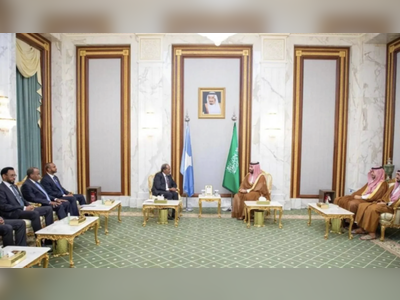
Saudi-American author writes the novel she always wanted to read but couldn’t
Unable to find any stories about the identity issues, societal pressures and family dramas she was familiar with, she decided to write one herself.
Decades passed as she wrote, rewrote and pondered each draft. In 2020, she finally completed her debut novel, “Bride of the Sea” — the book she always wanted to read. The title she chose is the nickname of the city of Jeddah, which translates to “mermaid” in Arabic.
“I wrote a novel that is as Saudi-American as I could make it,” she told Arab News. “My book is about urban Saudis in Jeddah. It’s so specific, and there are so many other Saudi experiences, I don’t want people to think that I’m trying to represent all Saudis.”

The story, which begins in the 1970s, is a family saga spanning four decades and two continents. It is a multi-dimensional love story set against a distinctive, ever-present political backdrop that is as deep and mysterious as the murky sea.
A young Saudi couple, who are cousins, get married and move to Cleveland, Ohio, to study. Shortly after their daughter, Hanadi, is born the marriage ends. The mother’s name is Saeedah, which means “happy” in Arabic, but she is very sad. She changes her name, abducts her daughter and decides to “hide” in the US.
The father, Muneer, who is a journalist, returns to Saudi Arabia alone. Years later Hanadi, who also goes by the name Hannah, runs away from her mother. Her journey takes a surprising turn and she ends up in Saudi Arabia, though not under circumstances one might imagine.
In each chapter and location, there is a reference to a body of water, which seems deliberate. To write a Saudi-American novel, Quotah said she had had to create her own literary tradition.
“I took little snippets of real Saudi gossip and then turned it into a novel,” she said. “It was inspired by a true story of a family friend but I novelized it because I wanted to explore other themes, and I had questions about what would it be like to have experienced family abduction.
“It’s not meant to represent any one particular person or family’s experience but just this sort of amalgamation of different things, and I think having it be a novel freed me up to create a fictional family but a family I haven’t seen before in novels — a Saudi family.
“My dad’s family is very large and there was so much drama always happening all the time — this person not talking to that person. I felt like that was a really great canvas that you could paint a novel on and I wanted to see that kind of a family in a story.”

As a Saudi-American reading the book, I was struck by how the narrative indeed seemed reminiscent of the fragmented stories I overheard in my youth; it seemed simultaneously familiar and foreign. In its 312 pages, it paints an intimate portrait of a Saudi-American family that are oceans apart — literally and figuratively.
Quotah now lives in the US and is a mother to her own multiracial children. Her life is a world away from her childhood home but she said she still connects with it.
The book was recently translated into Arabic. It is the language of her father but she no longer uses it regularly. To ensure accuracy during the translation process she sought help from her dad, who still lives in Jeddah.
“I went through the Saudi education system so I read the literature that we were taught there but most of the books I read were in English,” she said. “I’m not, honestly, a big reader of Arabic novels.
“Usually when a book gets translated, the writer doesn’t have anything to do with that. But I asked if I could be involved because the publisher was Lebanese and I wanted to make sure that the Hijazi dialect was preserved in Arabic.
“As a bilingual speaker you’re always thinking in two languages, so I was doing that. What happened was my dad helped me. We tried to take things that didn’t sound Hijazi to us and changed that.”
The novel includes a potentially controversial twist, which initially worried Quotah when considering the Arabic translation but she feels readers are ready for it.
“In terms of the content of the book, I think that Saudi readers, I would guess, are more open to different perspectives than people think they are,” she said.
“I don’t feel concerned that readers will be offended by anything in the book. The book is meant to show the experiences of one family but also to talk about secrets and truths, and those are themes that Saudi artists have dealt with for a long time.”
One thing that some readers might feel is missing from the novel is any reference to the monumental changes in the Kingdom that began in 2018 in terms of the empowerment of women. Quotah said she was not in the country when this was happening and so did not want to write about them in a way that might be considered inauthentic. She added that she would like to see other authors take up that baton and explore the evolving role of Saudi women.
“I hope that we’ll see Saudi novels that take on what’s happening in the country now but in my book, I felt like I could most honestly write about what I had experienced in the time when I was observing Saudi society,” she said. “The book is about the way things used to be.”


